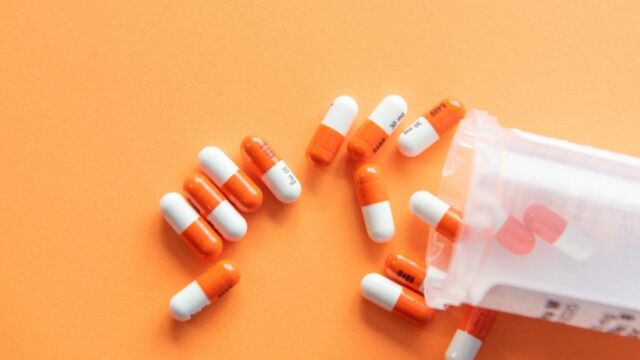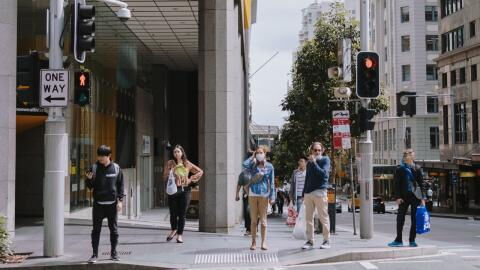When Donald Trump got infected with COVID, he was being treated with an antibody cocktail drug developed by biotechnology company, Regeneron. The former President hailed the treatment as a cure for COVID and the drug was given emergency approval in the subsequent month. But it has yet to be authorised in other countries, including the UK.
Discover our latest podcast
Breakthrough study
However, Oxford’s Recovery study has found that Regeneron’s antibody treatment, called REGEN-COV, can actually help patients who do not develop antibodies upon infection. Without antibodies, these patients can develop severe to fatal forms of COVID. And without treatment, 30% of them can end up losing their lives to the virus. But, this new cocktail drug reduces their risk of death by a fifth. Professor Sir Martin Landray, the joint chief investigator of Recovery, published the results earlier today and said:
What we found is now we can use an antiviral treatment, in this case, these antibodies, in patients who have got a one in three chance of dying, untreated, and we can reduce that risk for them, and that opens up the whole area of future treatments targeted at the virus.
The Recovery team conducted the study on 9,785 COVID patients in the UK. Some were receiving other treatments at the same time, while others were only being treated by REGEN-COV.
Regeneron’s cocktail drug
The drug is a mix of two synthetic monoclonal antibodies called casirivimab and imdevimab. These antibodies block the virus from infecting other cells by sticking to the spike protein in two different places.
The trial revealed that after using the treatment, there was a 24% to 30% decrease in deaths of patients who had no antibodies of their own. Additionally, they were discharged from the hospital sooner and were less likely to need a ventilator. Professor Landray added:
In people who are admitted to hospital with Covid but have not managed to raise their own natural antibody response, giving them this combination of monoclonal antibodies in a drip reduces their chances of dying, shortens their hospital stay, reduces their chance of needing a ventilator. That's got to be good for patients and it's got to be good for public health.
The trials also found that this unique combination of drugs had no effect on patients who already had antibodies.















